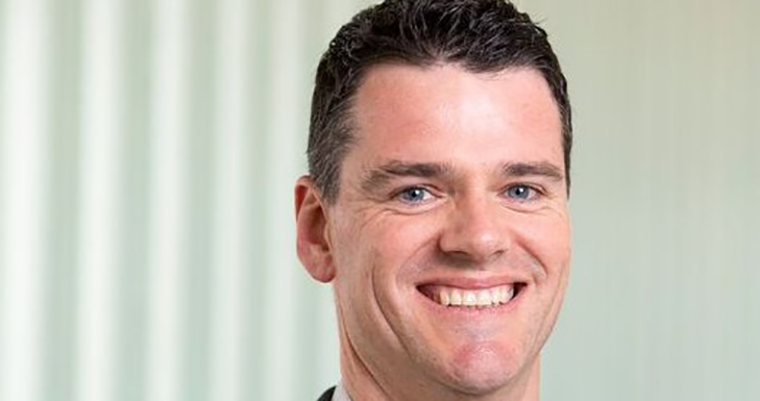The magnitude of one prostate cancer clinical trial at Cabrini
22/09/2020

If there’s one piece of advice Dr David Pook would give another man it’s this: treat your health the same way you treat your car.
The Cabrini Medical Oncologist is one of a handful of doctors at Cabrini specialising in prostate cancer and said if men “serviced their bodies” the same way they serviced their cars, the results could change lives.
“Talk to your doctor about screening, but more than that, if you have any symptoms get checked,” Dr Pook said.
As part of Prostate Cancer Awareness Month, Dr Pook has spoken about one clinical trial he is currently working on that could change the future of treatment options available for men with the deadly disease.
As principal investigator for the MAGNITUDE study, Dr Pook said the trial involved testing prostate cancer patients for particular genetic mutations, and looking at a more personalised treatment.
The trial involves pre-screening patients with prostate cancer who are no longer responding to hormone treatment.
Blood and tissue samples are sent overseas where the genes are sequenced to see if there are any mutations in genes such as BRCA 1, BRCA 2 and other genes involved in DNA repair.
Dr Pook said about 10 per cent of men with prostate cancer would have a gene defect in this class of genes.
“If a mutation is found then we do a number of tests to see if it’s safe to start the study. The patient is then put on a newer hormone blocking tablet and they are randomised between receiving a placebo or the PARP inhibitor drug as well” he said.
“When patients have a cancer that lacks DNA repair, their tumours might respond better with the two drugs.
“What we are hoping to see is that if we detect patients with this particular DNA defect, using a PARP inhibitor earlier will be better at controlling the cancer.”
So far 15 patients have been screened, six of which are taking part in the trial.
Dr Pook said while he was passionate about the work he did, searching for new treatments and options for patients was vital.
“We often get to the point where we run out of treatment, that’s the part I don’t like about my job,” Dr Pook said.
“I’ve got a lot of men dying in their 70s and 80s who are otherwise fine. We can’t sit around, we’ve got to keep investigating new treatments. We’ve been castrating men for nearly 80 years now and that’s still the most effective form of treatment we have in advanced prostate cancer. Despite multiple new drugs becoming available over the last decade, improvements have been gradual and we still don’t have treatments that can cure the disease”
Dr Pook said although running a clinical trial during the COVID-19 pandemic had been challenging, it could open up new ways of working in the future.
“We’ve had to make a lot of changes because of COVID-19 – telehealth appointments, patients checking their own blood pressure and posting or contactless delivery of drugs.
This means that in the future we will be looking at if we can run more trials remotely.”
To find out more about prostate cancer services at Cabrini, go to *www.cabrini.com.au*[https://www.cabrini.com.au/]
To find out more about clinical trials at Cabrini, go to:
www.cabrini.com.au/research-and-education/research-programs/cancer-trials-at-cabrini/
To find out more about the MAGNITUDE clinical trial, go to …prostate cancer services at Cabrini, go to www.cabrini.com.au
To find out more about clinical trials at Cabrini, go to www.cabrini.com.au/research-and-education/research-programs/cancer-trials-at-cabrini/